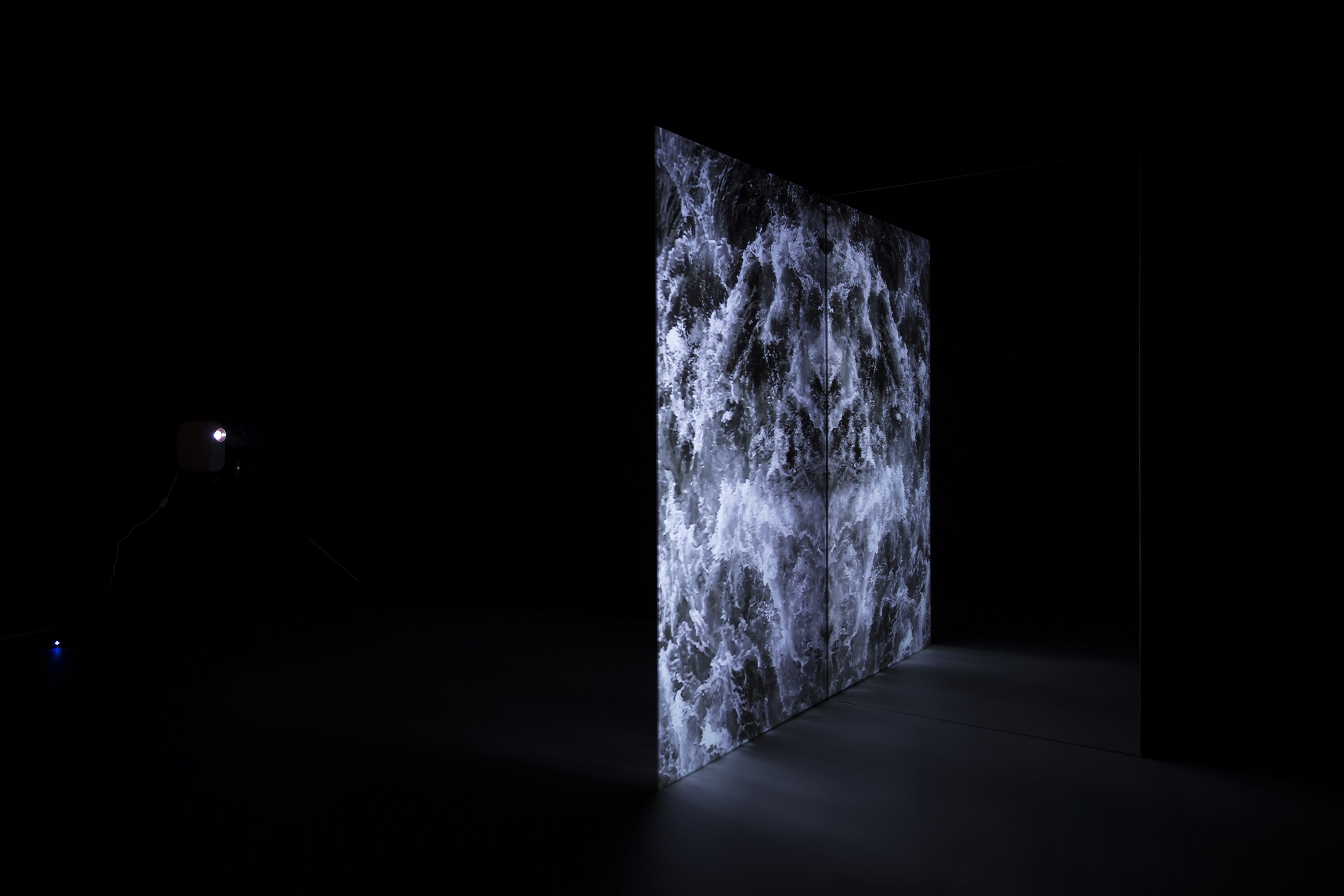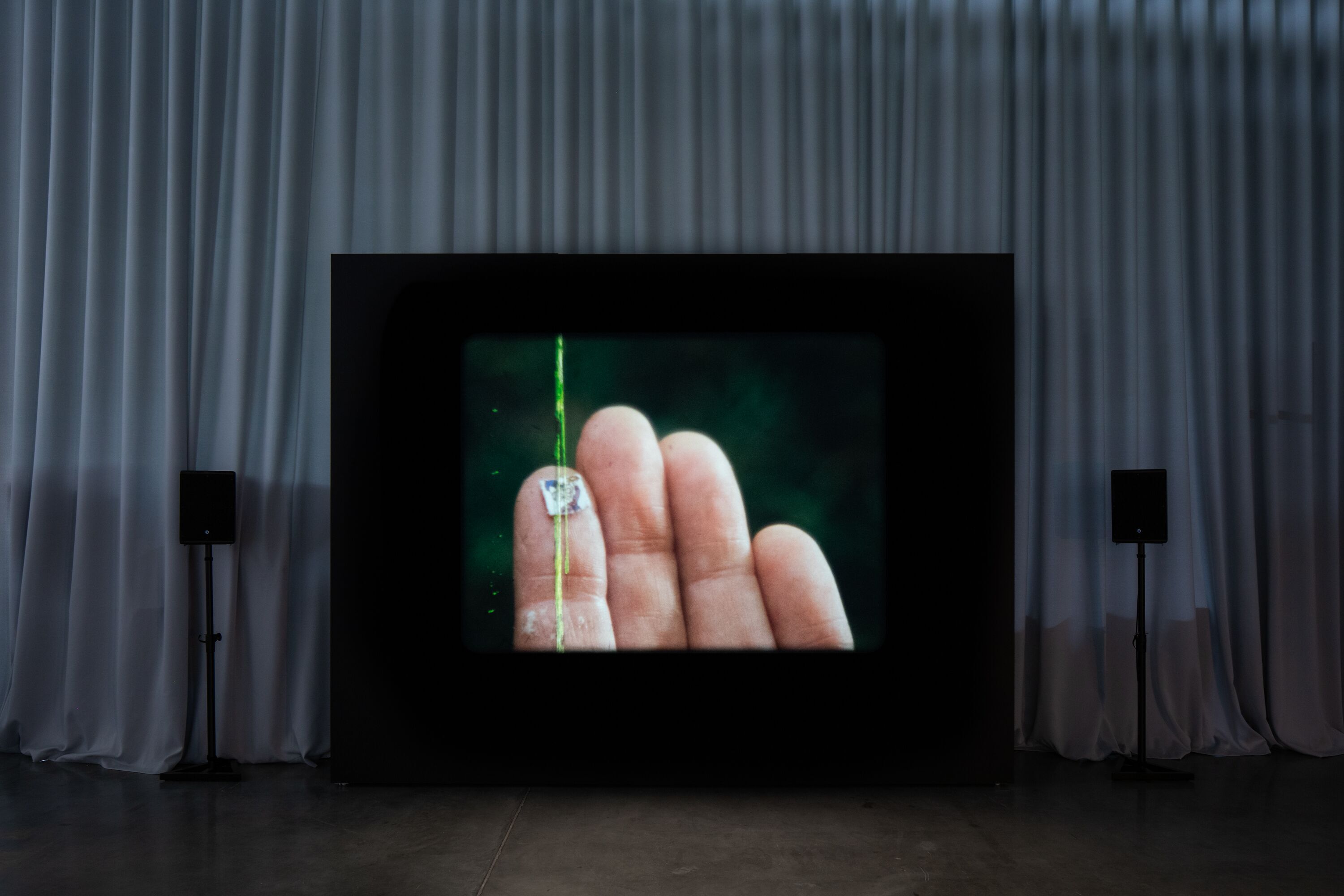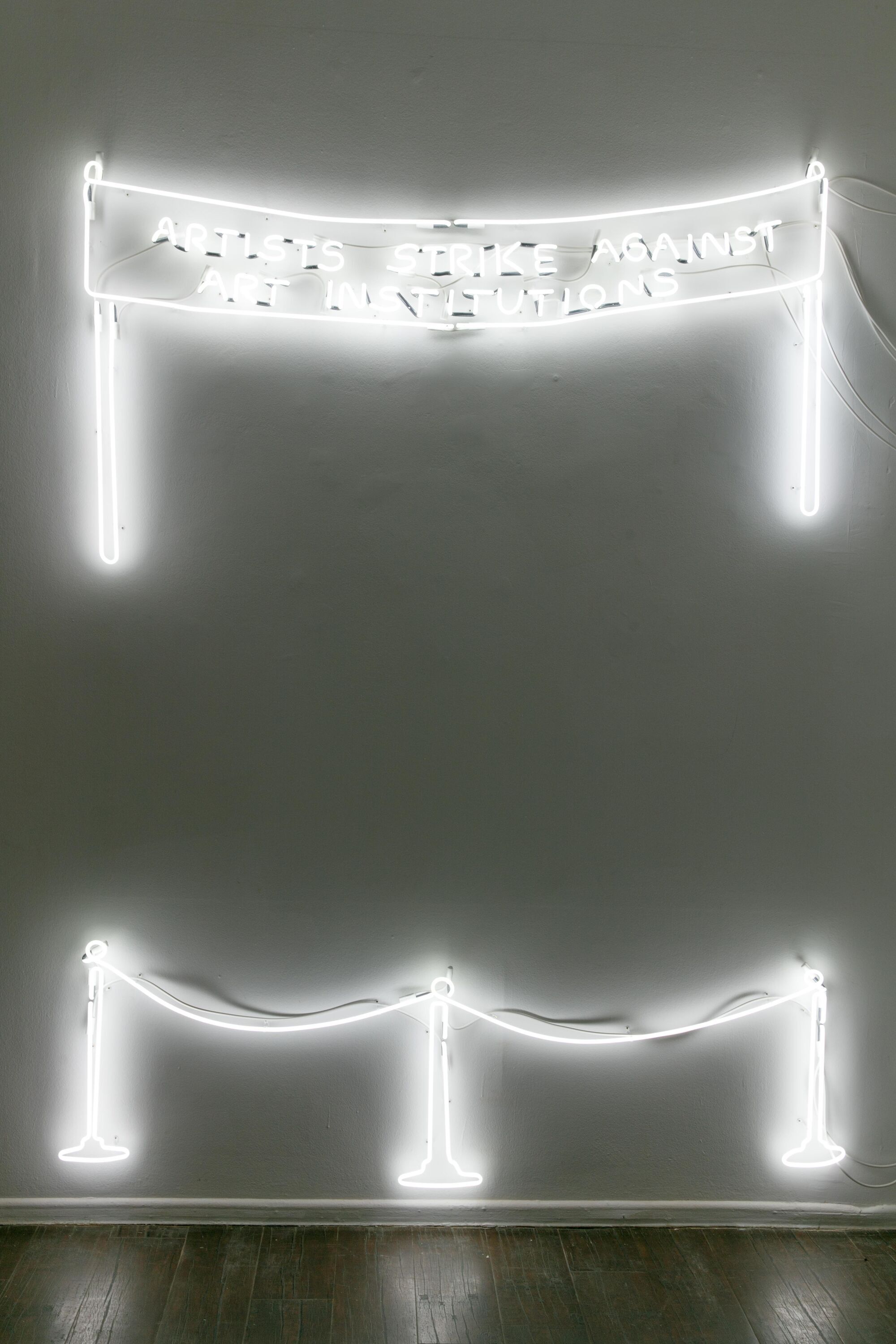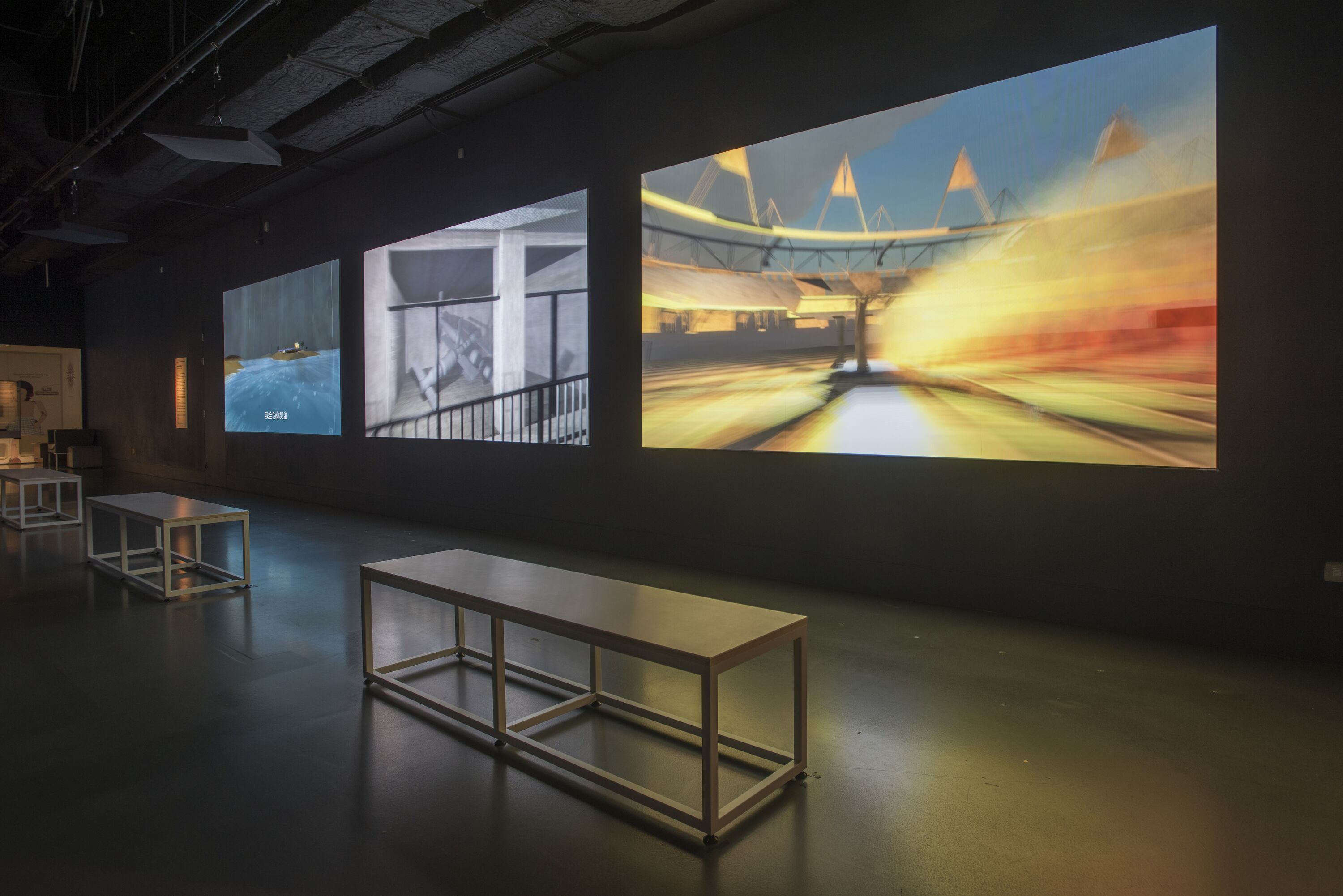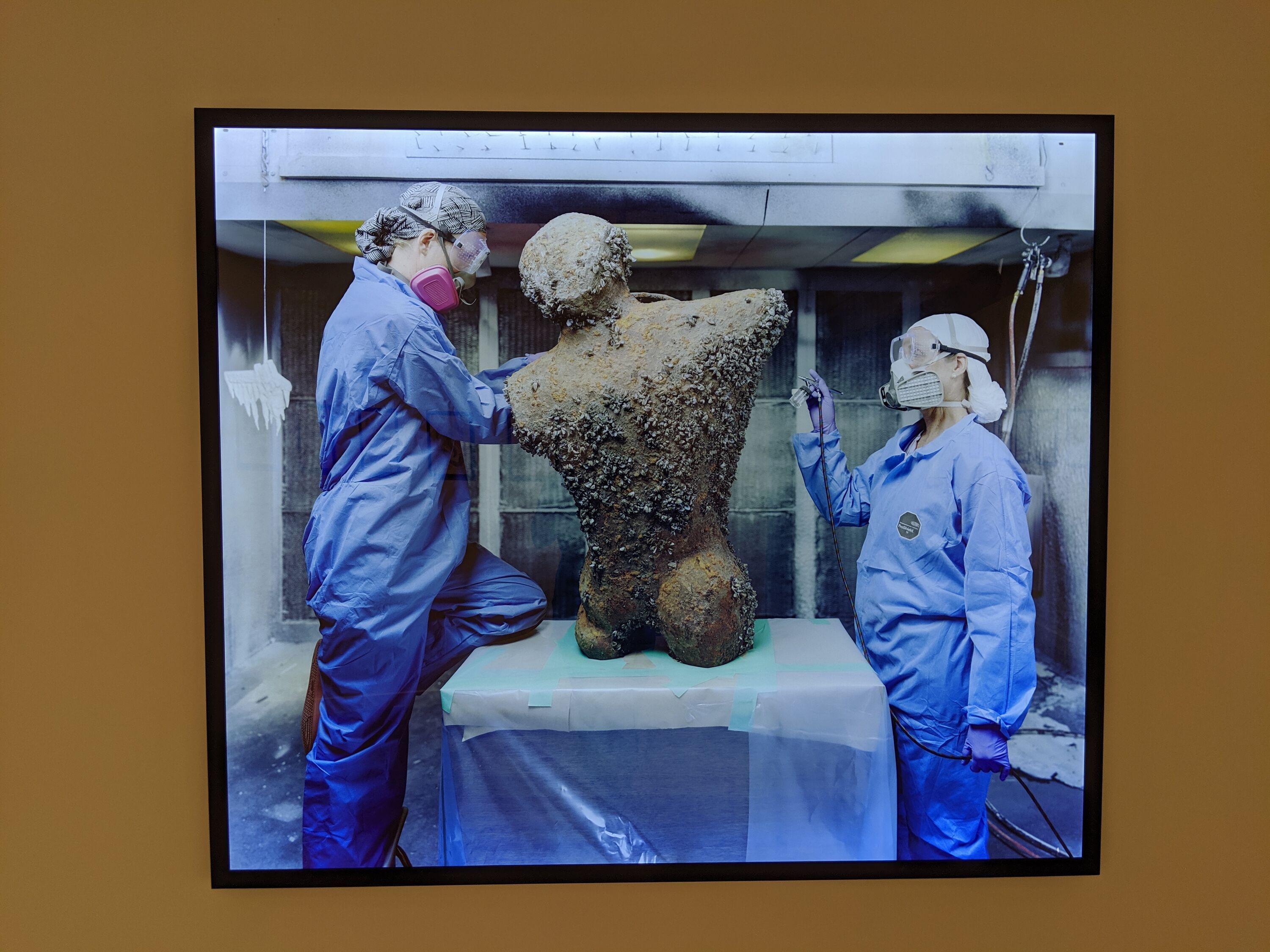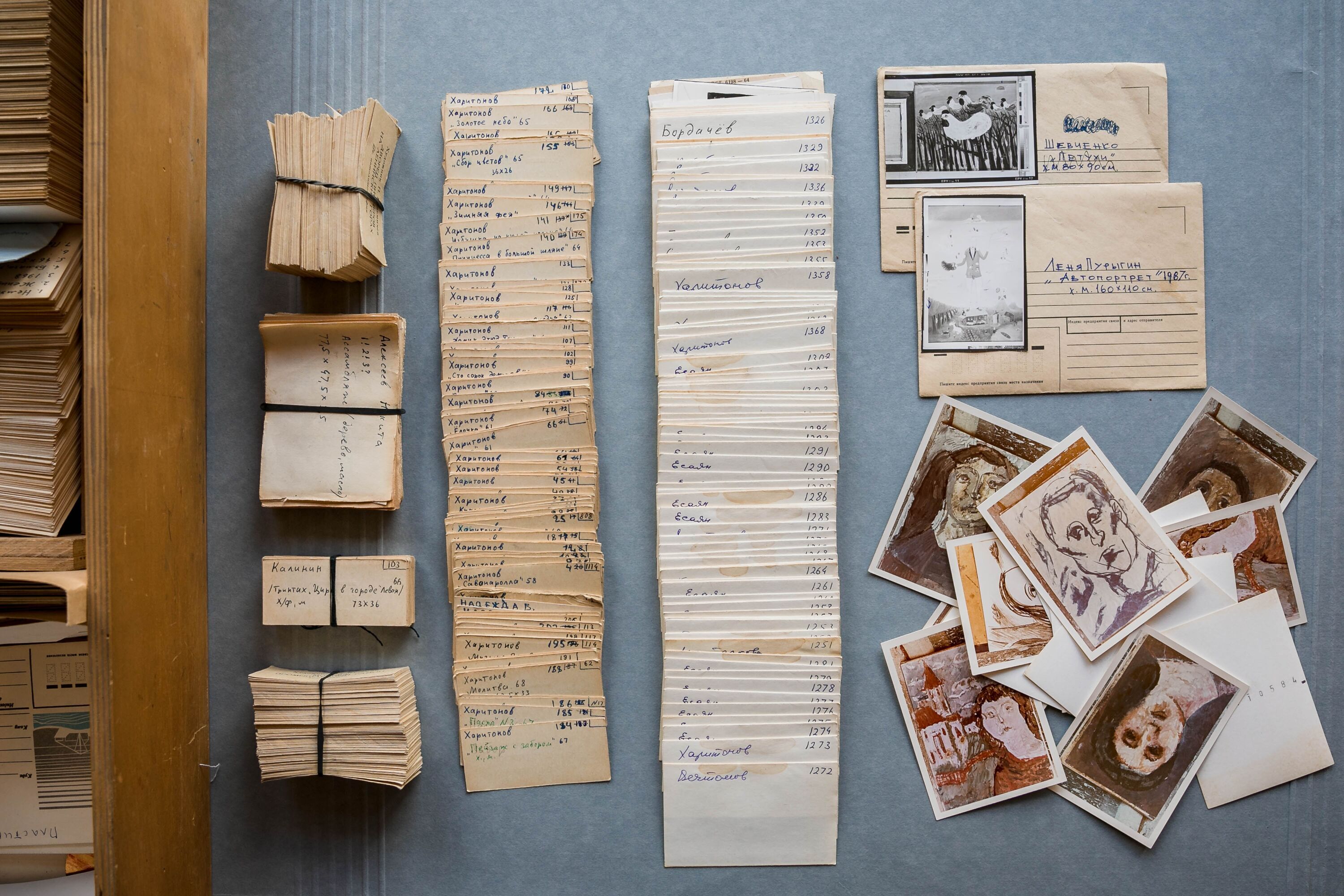F Media: Comments
This essay comes a few years after several public presentations of the video installation Uncanny River (the crossing) (2014–15), of which I am the author. My extensive involvement with audiences revealed their disquiet regarding the piece’s uncanniness and the illusory and perceptual phenomena that captivated them for a long time. The installation is composed of video recordings of a river seen from above, which is rear-projected onto a vertical sheet of glass reflected by a mirror set at a right angle, producing symmetrical compositions that continually dissolve and are replaced by an endless succession of new compositions.
In this podcast, Ada Akerman, Antonio Somaini, and Paul Sztulman, three scholars of art and cinema, discuss questions raised by the idea of ‘exposing cinema.’ Together with Eugénie Zvonkine, who moderates the discussion, the speakers reflect on how exhibitions could be equated to ‘live art,’ and how cinema’s unfinished projects can be analyzed and elaborated on through exhibitions.
In this conversation, Sasha Pevak and Katja Praznik discuss their common interest in the struggle for the improvement of working conditions in the arts, and, more broadly, why we should consider the work we do in the arts as a form of labor. Touching upon the two participants' professional backgrounds and also upon the shared cultural awareness of labor in socialist contexts, the conversation is raising the questions of how to surpass the ongoing contradictory situation in the art systems that largely continue to exploit the labor of art workers while at the same time enjoying, at least in some areas, the image of being politically progressive and ethical.
Museum collections are changing: curators have started collecting born-digital objects and shifted their research to focus on memes, social media collections, emojis, video games, etc. The nature of the museum object is transforming. In this essay, a digital curator of the Museum of London and a member of The Garage Journal's Advisory Board Foteini Aravani outlines the redefinition of curatorial research in the museum’s digital collections.
What makes the ecological crisis of today a ‘crisis’? Is it the human activities that impact nature or the sociality wherein the crisis is articulated? This visual essay analyzes this form of sociality by looking at articulations of the crisis in contemporary art, with the 16th Istanbul Biennial (2019) as a case study. The biennial exhibited a 'continent' made of trash floating in the Pacific Ocean. While this continent emerged as a result of human-oriented production and consumption processes, it exists outside of human sociality because it is no longer controllable by humans.
The essay focuses on the critical re-examination of the concept of ‘inclusion’. By drawing upon the works of Nicolas Bourriaud, Claire Bishop, Bruno Latour, and Jacques Rancière, the author challenges both the dichotomy of an involved/uninvolved audience and the classical for the post-colonial discourse focus on the maximum involvement of different groups in creating and consuming art. The main message of this work is that attempts to make art more inclusive or to find the ‘right’ inclusion are highly controversial.

